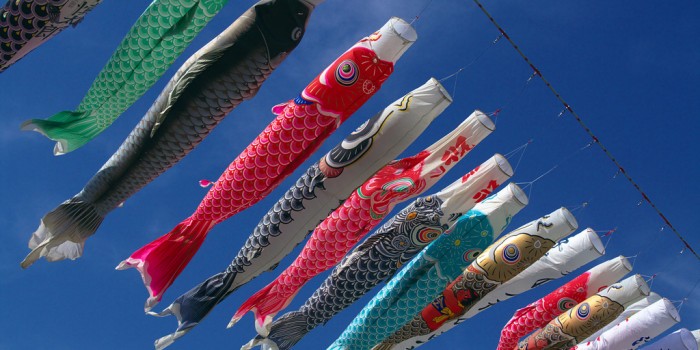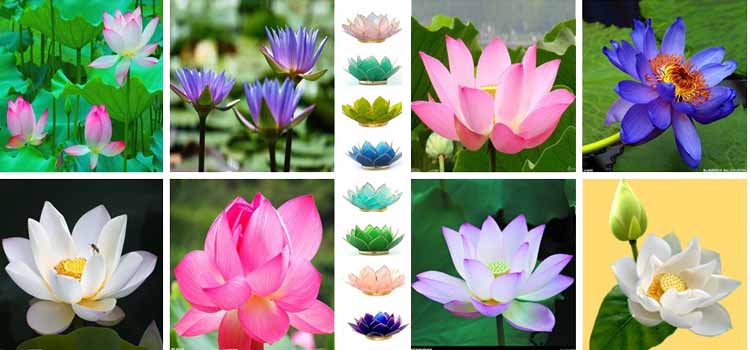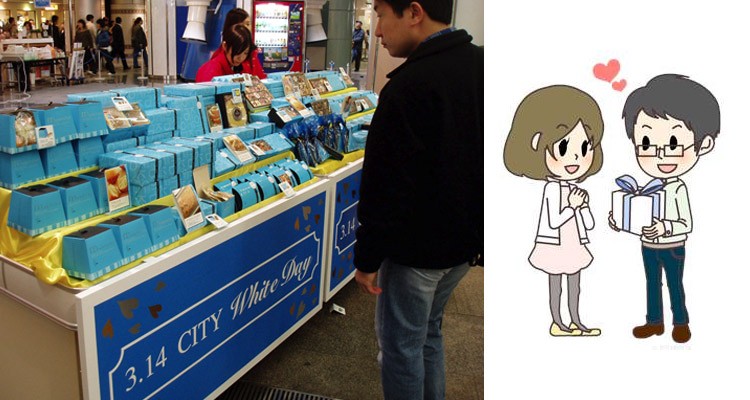Japan has a rich culture, full of ancient stories and legends and many superstitions. One of the Japanese customs is giving gifts (omiyage) on various occasions like visiting a friend, thanking them, and many others. Since many Japanese people are superstitious, we wrote a guide for you to know the meaning of things in gifts and what you should avoid when giving a gift to a Japanese person.
Table of Content
gifts with numbers
The Japanese are often afraid of some numbers. So much so that some buildings do not have an elevator with certain numbers. Avoid any gift that has the numbers 4, 9 and 43 on it. Here's why:
- Four - 4 - 四 - Your pronunciation SHI may sound like the word death (死) which is also shi;
- Nine - 9 - 九 - The pronunciation KU can sound like suffering, pain (苦) and also with something dark (black - kuro);
- 43 - The pronunciation shisan is similar to the birth of the dead shizan (死産);
Other suggestive numbers are 42 which indicates even death (死に - shini). 49 which resembles to run over (敷く - shiku). The number 7 is often considered a lucky number, due to religious traditions in Buddhism. It is worth remembering that this superstition seems to be less important nowadays, but it is still good to avoid.

Japanese gifts with animals
The Japanese love cute things. So sometimes you plan to give a stuffed animal or anything with an animal, check the meanings of the animals in gifts:
- The butterflies can signify joy and longevity, but it can also indicate the soul of the living and the dead;
- The carp it can mean good luck and fidelity;
- the herons they are perfect for weddings, as they signify longevity and good luck;
- The swallows the tail of a swallow can represent good luck;
- The turtles they can signify longevity, making them ideal for babies;

Meaning of colors in Japanese gifts
Colors have strong meanings in Japan, even avoid writing with a black pen on a gift card. Black means death or bad luck. If you combine black with red, you are indicating sexuality. Red is used on tombstones. Do not use red when signing cards, even avoid red Christmas cards, because funeral notices in Japan are red. However, gifts wrapped with a red ribbon in white are good for weddings. These are the 2 colors you should avoid!
The good colors are green which means eternity and good luck. Perfect for use in any gift card. The white means holiness and the purple means celebrations and decadence, great for holidays. These 3 colors are perfect for signing gift cards and wrapping them.
The Orange symbolizes happiness and love. Yellow symbolizes courage, beauty and refinement, aristocracy and joy. The blue is a soft color that represents everyday life, purity and cleanliness. It is also considered a feminine color.

Other Gifts You Should Avoid
Lilies, lotus flowers, and camellias are associated with funerals. White flowers of any kind should be avoided. There is also a superstition that potted plants encourage disease. See more meanings of flowers by clicking here.
Avoid things like scissors or knives because they can imply a cutting of relationships or friendships with them. You don’t want to cut your friendship, do you? The mirror should also be avoided because it can suggest breakage and rupture. If you are dating, even worse! The comb pronounced kushi combines 2 detestable words we have already seen in this article, death and suffering. Watches should also be avoided because they can indicate that time is up.
Do not give the same gifts to unequal individuals. Social class is important and prominent in Japan. If you give a bottle of wine to a businessman, do not give the same to the boss.

Final tips for gifting someone
Always bring gifts from your region or abroad; the Japanese like this, it can even be food. Remember to keep the gift hidden, give it when you are alone, and use both hands. The best time is at the end of your visit! Keep in mind that gifts are usually opened in private.
Other interesting products you can give are imported bouquets, brandy, bourbon, and high-quality wines. Buy something that reflects the interests and tastes of the recipient. Gifts in pairs are considered lucky.
Wrapping styles and techniques can have meanings. Plissar symbolizes joy. Combined colors like yin and yang signify interconnected and interdependent forces of the natural world. Assimetria is considered attractive in Japanese culture.

With thousands of years of culture, history and superstition, Japan is a country where things can mean more than you think. That's why it's always good to research more about the gift you want to give and the correct way to deliver it. Unfortunately, we can't put all the tips and meanings in this article. If you want to add something important, we'd love to see your comments as well as your sharing. Thank you xD
